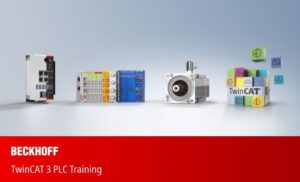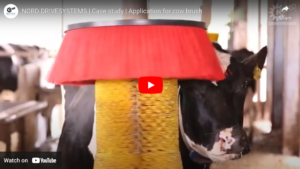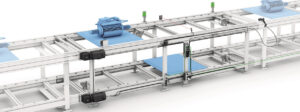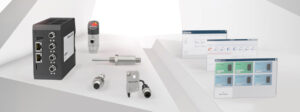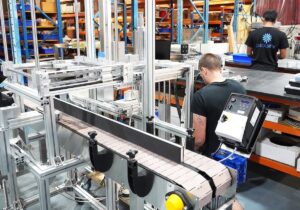Bottle caps serve as protection and decoration in one. On the one hand, they shield wines and other beverages outwardly, while on the other hand they act as a decorative design element, lending bottles an unmistakable, individual touch. The design options open to Pinggau-based BT-Watzke are close to endless. That’s because the traditional Styrian company operates its own in-house engineering department combined with machine shop, which allows it to control how it implements customer requirements – no matter how varied. Servo drive technology from Beckhoff Automation likewise plays an important role.
The roots of the Watzke capsule factory date back to the year 1892. Originally founded as a forge, the traditional company based in Pinggau has developed into a premium supplier of bottle caps. The Styrian manufacturer has a customer base ranging from small wine producers to mass bottlers. The export quota is around 85%. “We distribute our products to more than 40 countries, including Germany, Scotland, South Africa, and Tanzania. We even have our own headquarters for the North American market, which is located in Sherwood, in the US state of Oregon,” explains Christian Stanzel, Managing Director of BT-Watzke GmbH.
The customisation options offered by the Styrian manufacturer for wine, sparkling wine, spirits, and fruit juice bottles, range from “simple” top and side printing through to sophisticated foil embossing and other typical design features for caps such as breathing or cork ventilation holes, spherical or grid graining, tear-off perforations, or tear-off strips. “Many customers come to us with a template and ask whether we can reproduce the particular design. The fact that we have our own engineering department is tremendously beneficial, since it allows us to cater to individual customer requirements in terms of shape, color, logo, font, etc. If we don’t have the right tools for a pending order, we carry out a feasibility check and, if necessary, upgrade or convert the existing equipment accordingly,” says Christian Stanzel, highlighting the company’s comprehensive manufacturing expertise.
Read the full case study HERE


